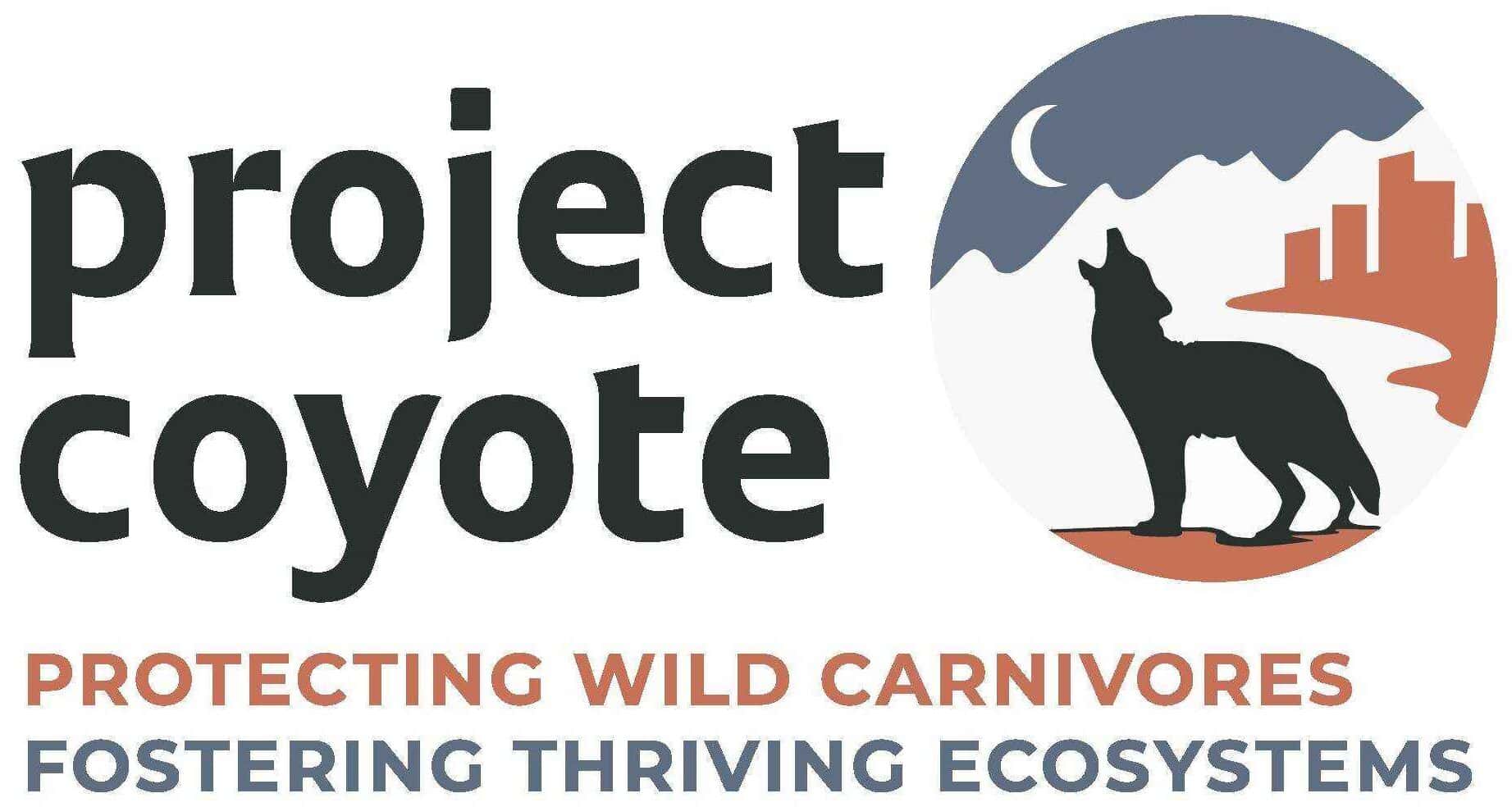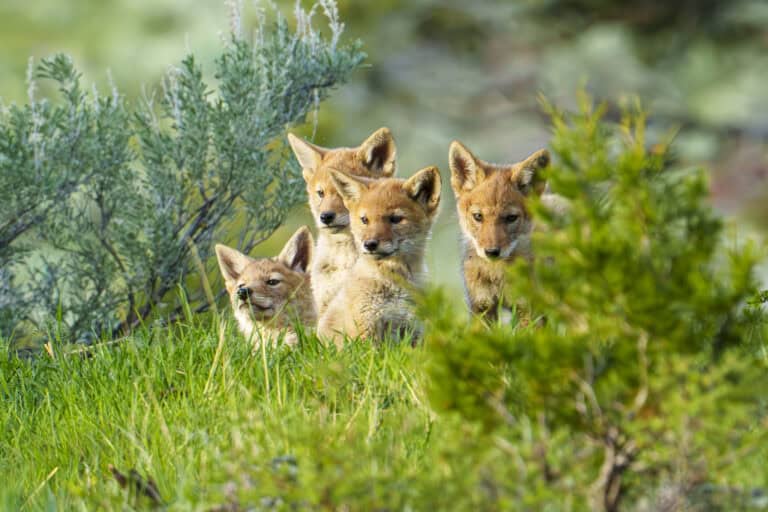The City of Calabasas, in the Santa Monica Mountains northwest of Los Angeles, has decided it will no longer use city funds to finance the killing of coyotes. This past December, the City Council approved a coyote management plan that accepts the coyotes as natural neighbors and sets forth steps designed to minimize negative interactions with humans.
The move culminates months of grassroots mobilizing by local citizens working with AWI and Project Coyote to end lethal control and formulate a humane management plan. The controversy arose when Calabasas resident Randi Feilich Hirsch learned that city tax dollars were being spent to trap and kill coyotes within her homeowner’s association. Feilich Hirsch contacted AWI wildlife consultant and founding director of Project Coyote, Camilla Fox, for assistance.
On July 13, citizens went before the City Council, urging the city to stop trapping coyotes and presenting information about the ineffectiveness and cruelty of strangulation neck snares—a tool commonly used to kill coyotes. One day later, City Manager Tony Coroales announced a temporary ban on further killing and directed the city’s Environmental Commission to review the issue.
Fox and Feilich Hirsch mobilized local residents, engaged the National Park Service, and worked with city officials to develop a new plan which emphasizes longterm education, reduction of wildlife attractants, and hazing of habituated coyotes— instead of trapping and killing. In addition, Fox worked with Change.org’s Stephanie Feldenstein to generate more than 9,000 signatures on an online petition calling for a permanent ban on city-funded coyote killing and for adoption of an effective, humane coyote management plan. Fox delivered the petition to the City Council and presented testimony demonstrating that indiscriminate trapping of coyotes is neither an effective nor humane solution to reducing real or perceived conflicts between people, coyotes, and domestic animals.
On October 12, the City Council voted unanimously in support of the resolution that prohibits city funds from being used to trap and kill coyotes and agrees to collaborate with Project Coyote and AWI in creating and implementing a humane coyote management plan. Fox has since worked closely with the city in creating a model plan, which the City of Calabasas unanimously adopted on December 14.
“It shows that concerned citizens can speak up at the local level and make changes in city policy,” said Feilich Hirsch. “We are optimistic that local residents will embrace this plan and become actively involved in coexisting with our wildlife neighbors.” Calabasas Mayor Pro Tem Mary Sue Maurer said “With the expertise of Project Coyote, the Animal Welfare Institute, and the National Park Service, Calabasas residents and coyotes will mutually benefit and live more harmoniously together. I encourage all Californians who live alongside coyotes to learn more about these wondrous creatures and about ways we can coexist together.”
Originally reported in AWI Quarterly






